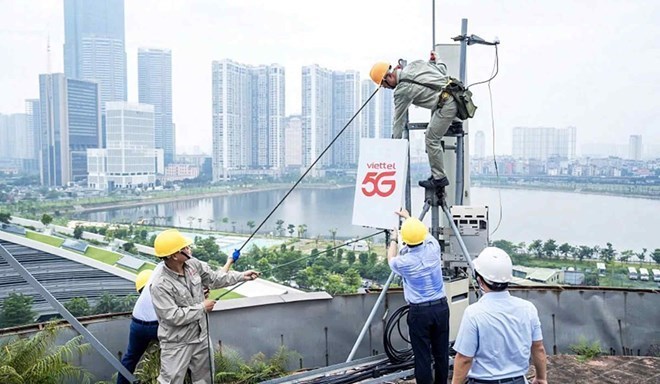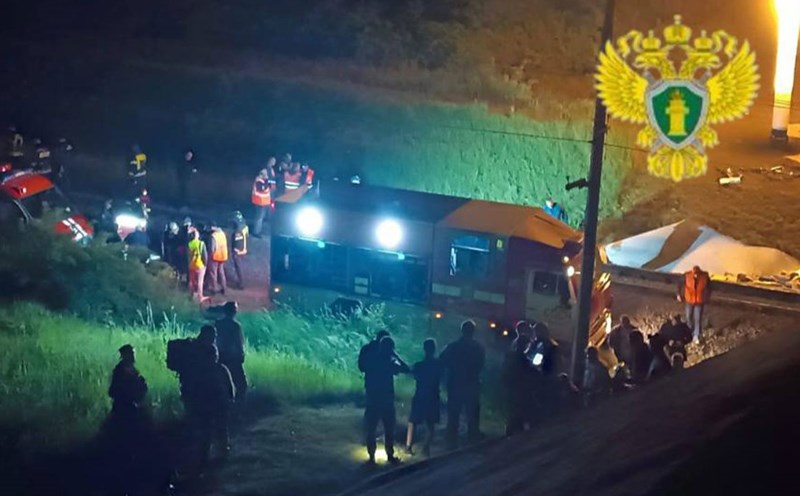Recently, Mr. Louis Lou - Vice President of Huawei's Cyber Security and privacy Department gave an important presentation on the topic "Building resilience and mitigating cybersecurity risks".
According to Mr. Lou, the world is facing unprecedented threats from cyberspace, including 5G network security. Currently, 5G is opening a new era for industries with multiple applications such as: Super-fast data transmission, real-time communication, connecting millions of IoT devices ( Internet of Things). However, the already complex and dispersed 5G network architecture has become a "double-edged sword", creating 3 major challenges in network security.
The way to deploy network functions at the edge and divide the network to serve many different needs is making the line between traditional security layers blurred. Allowing multiple devices, systems and humans to access the network also increases the risk of untrustworthy entities. Along with that, new technologies such as virtualization and cloud computing will increase the scope of attack.
In this reality, the development of the ability to recover the network, the ability to maintain continuous operation of the system even when attacked, has been included in many countries' cybersecurity strategies.

Mr. Louis Lou said that when faced with developing threats, network operators around the world can rely on two main tools in the industry to enhance their security position.
GSMA - as the world's largest telecommunications association - has developed MCKB and NESAS standards sets as the industry's leading cybersecurity certification and guidance program.
Huawei and its GSMA and 3GPP partners have been actively participating in the development of prestigious technical standards to promote global security standardization. Mr. Louis Lou also shared many practical models from global network operators, aiming to enhance network recovery capabilities for industries, while also meeting regulatory compliance requirements well.
A typical example is the GSMA MCKB implementation model in 3 stages: Platform stage - strengthening device security cau hinh; Enhancement stage - integrating access monitoring, detect abnormalities in operating accounts; Expansion stage - providing safe 5G services for businesses, developing security services by industry.
He also presented the practical method of assessing the maturity of network operators' security, based on MCKB and industry-recognized standards.
The above global practice models are all assessed to be consistent with the strong digital transformation process in Vietnam. Along with the development of 5G, network infrastructure should be designed with security from the beginning.
Mr. Louis Lou emphasized that Huawei is ready to cooperate closely with telecommunications operators and the Vietnamese Government to jointly build a safe 5G network, protect against threats by approaching international standards and building network recovery strategies for each industry.











